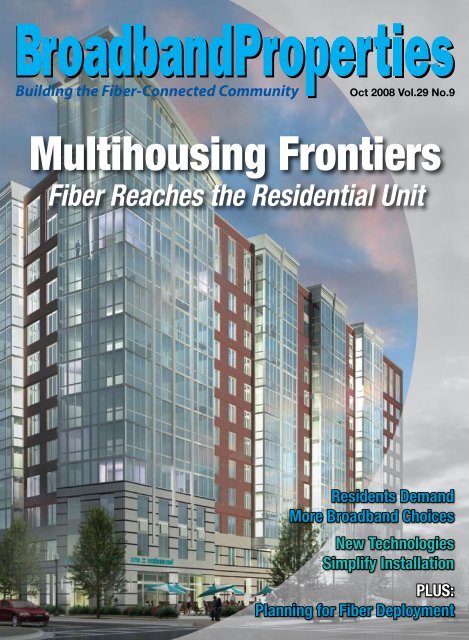Steering the Intricate Landscape of Regulatory Guidelines for Cyber Security in Multi-Unit Residences to Ensure Occupant Safety and Information Safeguarding
Wiki Article
Within the current society, many people live in multi-unit units, such as flat complexes and condominiums. These locations frequently utilize shared networks for internet and other services. Although this arrangement can be convenient, it also raises significant concerns about network safety and regulatory standards. Ensuring the security of residents and protecting their information is essential. This article will examine the intricate landscape of compliance guidelines for network security in multi-unit units, focusing on how these guidelines assist maintain residents secure and protected.
One of the primary regulatory standards that apply to system security is the EU Information Protection Act (GDPR). This regulation is designed to protect individual information and privacy for persons within the European Community. Although it mainly pertains to businesses functioning in the EU, its principles can affect procedures in different regions as well. For multi-unit units, complying to GDPR requires implementing robust information protection protocols. This includes ensuring that tenants' personal information is gathered, stored, and handled securely. By adhering to these standards, property administrators can help build trust with tenants and ensure their data is protected from unauthorized intrusion.

Another significant standard is the Health Coverage Portability and Accountability Law (HIPAA), which protects sensitive healthcare data in the healthcare sector. In multi-unit buildings, especially those that offer healthcare assistance or have residents with particular medical needs, compliance with HIPAA is crucial. This means that any medical data gathered from tenants must be kept confidential and protected. Building managers must ensure that their system systems are configured to prevent data leaks and illicit access. By doing so, they not only adhere with regulatory requirements but also promote a secure residential environment for all tenants.
In addition to GDPR and HIPAA, the Payment Payment Sector Information Protection Guidelines (PCI DSS) is another critical regulatory guideline. This guideline is particularly relevant for multi-unit buildings that process credit card payments for lease or amenities. PCI DSS specifies protection measures that must be in place to protect customer information. This entails encrypting sensitive information and regularly reviewing system security. By adhering to PCI DSS guidelines, property managers can minimize the risk of data leaks and safeguard residents' financial data, which is crucial for maintaining their trust and safety.
Ultimately, it is crucial for multi-unit buildings to stay updated on local and national regulations regarding network safety. Regulations and guidelines can evolve, and staying informed is crucial for adherence. Building administrators should frequently review their security policies and practices to make sure they meet current requirements. This proactive approach not only helps in maintaining compliance but also enhances the general safety of the system. By focusing on tenant security and data protection, multi-dwelling units can create a safe living environment that fosters trust and reassurance among tenants.
To summarize, traversing the intricate environment of regulatory guidelines for system safety in multi-unit buildings is essential for guaranteeing resident safety and data protection. By understanding and implementing standards like GDPR, HIPAA, and PCI DSS, property managers can create a secure environment for their residents. Staying informed about regional laws and frequently reviewing security click here for more practices further enhances this commitment to safety. Ultimately, a strong focus on compliance not only protects residents but also builds a sense of community and trust within multi-dwelling units.